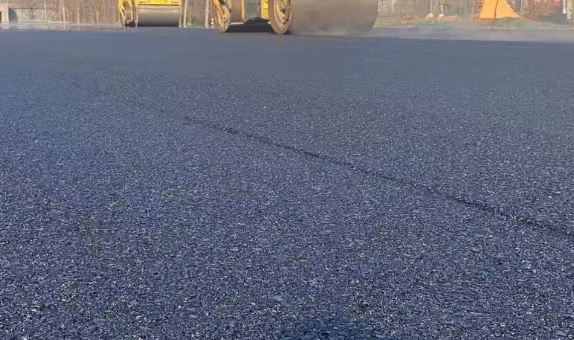Asphalt Calculator - Calculate asphalt cost and tons by square feet, cubic yards, cubic meters

Calculating How Much Asphalt You Need
Many road builders and homeowners seeking a well-paved driveway often face the challenge of estimating the amount of Hotmix Asphalt (HMA, also known as bitumen, blacktop, or Tarmac) required to cover a specific area. Our asphalt calculator (also known as the tarmac calculator) is invaluable in such situations, but the accuracy of the results depends on the precision of the measurements entered.
Calculation Process
- Estimate the Volume: Use geometrical formulas and plans or measurements, including width, length, and depth (thickness), to determine the volume of asphalt needed.
- Estimate the Density: The standard density for asphalt is 145 lbs/ft³ (2322 kg/m³), but this may vary depending on the specific asphalt mixture purchased.
- Calculate the Weight: Multiply the volume by the density (using the same units) to obtain the weight.
Supported measurement units include inches, feet, yards, meters, and centimeters.
Additional Considerations
- Due to potential inaccuracies in measurements and waste during application, it is advisable to purchase 5-6% more asphalt than estimated to avoid shortages.
- For example, if the calculator indicates a need for 10 tons of asphalt, consider purchasing 10.5 or 11 tons to ensure sufficient material and minimize unnecessary transportation costs.
Calculating for Irregular Shapes
If the area has an irregular shape, divide it into several regularly-shaped sections. Calculate the volume and asphalt requirements for each section using the calculator, then sum them up.
- For a large number of sections, you may use our summation calculator for convenience.
- Reasonable approximations can be made for slightly irregular shapes by taking the average length or width.
- For more complex scenarios requiring accurate asphalt estimation, consult a professional.
Types of Asphalt
Contrary to what you may think, there is more than one type of asphalt, mainly depending on the temperature during mixing. Selecting the right type is important, as some asphalts are better suited to particular applications than others.
| Type | Description |
|---|---|
| Hot Mix Asphalt (HMA) | Also known as "Dense-Graded Mix", this is the most widely used type, ideal for all traffic conditions, surfacing, and repairing needs. It offers great friction. During production, the binder is heated at high temperatures to reduce viscosity and remove all moisture prior to mixing. The asphalt density used in many calculators most closely matches this type of material. |
| Warm Mix Asphalt (WMA) | Used in roughly a third of road-paving projects, this asphalt is produced at lower temperatures than HMA and is suitable for paving during off-season months or overnight projects. |
| Driveway Mix Asphalt | A cheaper mix tailored for use in driveways and parking lots. It includes crushed stone, sand, and gravel. |
| Porous Asphalt | Designed with only crushed stone and a few grains of sand in the mix, making it permeable to water. More expensive, but eliminates the need for drainage. It requires an open-graded stone bed of a certain size and depth to prevent water from rising to the asphalt level. |
Frequently Asked Questions
How thick should asphalt be?
How thick of a base is needed?
How much does it cost to install an asphalt driveway?
 Home
Home Back
Back